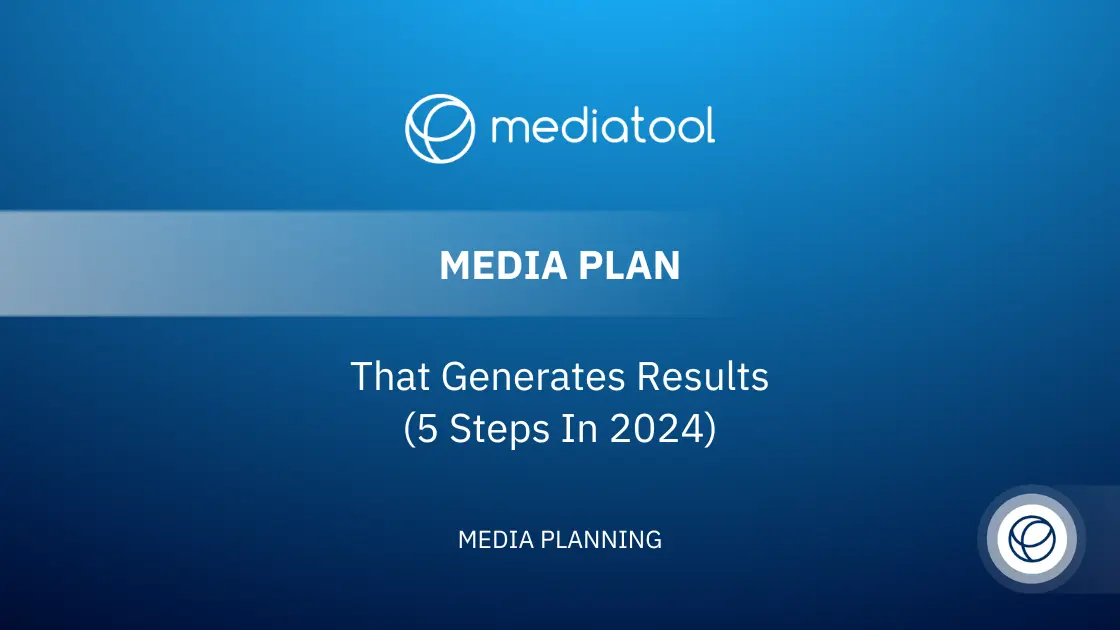Marketing campaign budgets are always heavily scrutinized, and that’s not a bad thing. High-performing Chief Marketing Officers (CMOs) see opportunity in the challenge. They collaborate with other teams to understand the business’ big-picture goals, and translate those ambitions into marketing objectives.
In an increasingly competitive landscape where budgets remain tight and pressure high, a CMO must have the dexterity to prove ROI while optimizing future campaigns for growth.
Achieving that ambitious balance depends on strategy, process, people and technology dovetailing into streamlined marketing campaign management.
Here’s how it’s done.
1. Start with strategy (and follow up with systems)
An effective CMO needs a strategic mind, a creative marketer’s empathetic heart, and a good leader’s collaboration skills.
Over 75% of marketers are creating reports demonstrating how campaigns influence revenue. However, only around a third (35%) said understanding the ROI of marketing campaigns was “Very” or “Extremely” important when surveyed.
This misalignment hints at one of three possibilities:
- Marketers don’t understand their campaign data well enough to optimize for higher ROI;
- Business goals aren’t being communicated clearly; or,
- They’re only producing revenue reports when asked.
Marketing campaigns should always tie back to business goals.
Part of the CMO’s role is to interpret business goals through the lens of marketing and Marketing Operations. Start by distilling business goals into a marketing strategy that outlines short-term KPIs, medium-term objectives and long-term growth goals.
And let’s not ignore the value of a good-looking report. The right campaign management platform gives your team the tools to create ROI reports in minutes, saving time and assisting you in demonstrating value with reliable data.
2. Embed customer centricity in the Marketing Operations model
Effective CMOs lead by example. They draw on data, experience, and insight to understand the customer better than anyone else in the business.
Human-centered marketing campaigns don’t just benefit the customer. They also yield higher conversions and build brand loyalty for three main reasons:
- The marketing campaign is more relevant
- There are fewer barriers between the first touchpoint and conversion
- Demands for personalization are met
Customer centricity can’t be an afterthought in marketing campaign management. Ideally, it’s baked in from the beginning, in the marketing team’s mindset and decision-making processes.
CMOs must consistently reinforce the value of customer centricity in both directions; to the C-Suite and their team. Customer lifetime value (CLV) is an increasingly popular measure to align human-centered marketing campaigns to long-term value.
3. Align Sales and Marketing objectives
Most of the trouble boils down to Sales and Marketing speaking different languages. As CMO, you can fix that.
We know Sales and Marketing alignment is easier said than done. Sales teams ignore up to 80% of marketing leads and spend half their time chasing unproductive prospects.
This might frustrate CMOs, but the blame isn’t entirely on the Sales team. It could equally be a sign that leads entering the CRM are simply not valuable. At any rate, it’s a clear signal that Marketing and Sales need to align their objectives.
Define a “lead”
Although the traditional marketing funnel is kaput, lead scoring still has merit in marketing campaign management. But only if the Chiefs – Chief Marketing Officer and Chief Sales Officer – can agree on the actions, signals and criteria that define a worthy lead.
Organize lead routing
Sales might not know what to do with leads when they enter the CRM. Make the lead handling process a priority for the Marketing Operations team, and ensure they collaborate with their Sales counterparts.
Streamline the Sales handoff
Lengthy handoff processes waste time and resources. The most elegant solution for mature organizations is an integrated MarTech stack that automates the process. If you’re still working up to automation, a documented process and internal SLAs can encourage collaboration between the teams.
4. Understand what marketing data means
The answer is always in the data. But which data? An effective CMO will know how to find the answers.
Don’t worry; we’re not getting philosophical, asking “what does it all mean?” on a cosmic scale. Exactly the opposite.
The CMO role increasingly demands data expertise, or at least data literacy. In the early days of digital marketing, it might have been enough to report a big engagement number and call the campaign a success.
But what do those engagements mean?
Who are they? Which creative or channel drives the most conversions? What is the value, in real terms, of each engagement? How do engagements on Facebook (for example) connect to email opens, webinar attendance, and qualified leads entering the CRM?
CMOs need to be able to interrogate data dashboards, uncover insights, and translate those insights into growth tactics. They should also lead the charge to democratize data, breaking down siloes so cross-organizational teams (especially Sales) can access the information they need.
MarTech plays a strong supporting role here. We’ll get to that shortly.
Get a grip on cross-channel data
If your organization’s marketing is based on a stepped-out funnel like the RACE model, your marketing data likely isn’t showing the full picture.
Customer journeys are non-linear, cross-channel, and haphazard. Rather than working on the assumption that customer journeys are linear and logical, strive to meet the audience where they are.
A robust marketing team uses an all-in-one campaign management platform to pull data from every active channel and create reports that identify optimization opportunities.
5. Invest strategically in technology and resources
MarTech accounts for 26% of marketing budgets, yet marketers utilize just 58% of the stack’s potential.
The right marketing campaign management tools will save your team hours and improve campaign performance. Although it can be tempting to combine free marketing management platforms, or wait until the business is ‘ready’ to grow, the reality is growth and investment go hand in hand.
Investment enables growth. Growth requires investment. Betting big on a budget-breaking platform isn’t advisable. Then again, neither is holding off until your team feels the pinch and customers become frustrated by poor marketing.
The inflection point where CMOs need to lobby for the budget to invest in people, technology and consultants is different for every company. But if your growth strategy is sound (see #1 above) and you can demonstrate ROI with data (see #4), making a case for investment becomes much more straightforward.
Make sure to factor implementation, training and adjustment into the investment ask. No campaign management tool is a silver bullet (although Mediatool comes close), which is why strategic CMOs refer to Marketing Operations as an “investment”, not a “cost”.
We recently published an eBook that goes more in-depth on this topic. It includes practical Marketing Operations models, maturity pathways, digital transformation steps and more.
Download the eBook to dive deeper into Marketing Operations for CMOs.
Want more marketing campaign management and practical tips for CMOs? Visit the Mediatool blog and check out our downloadable resources.





